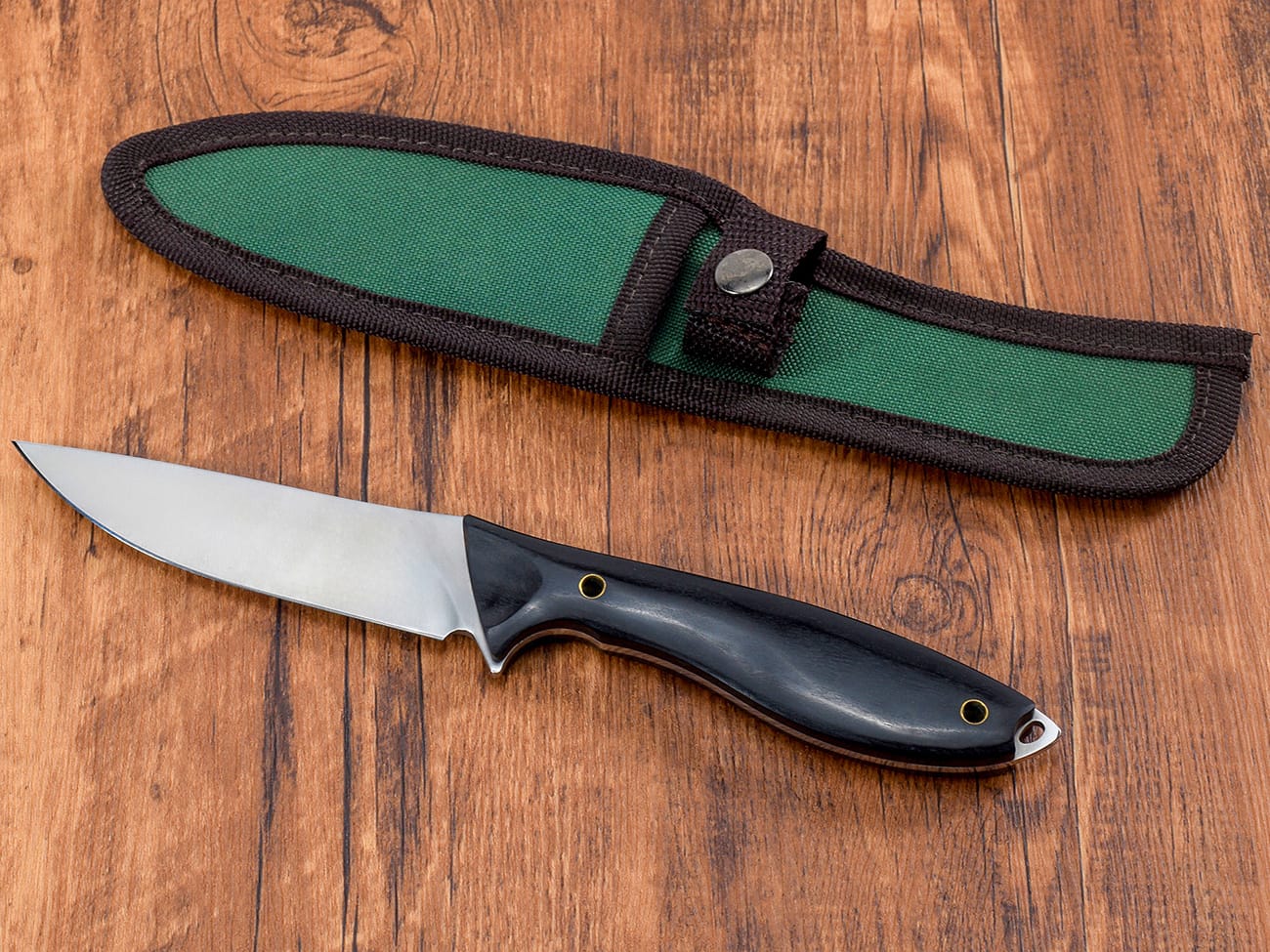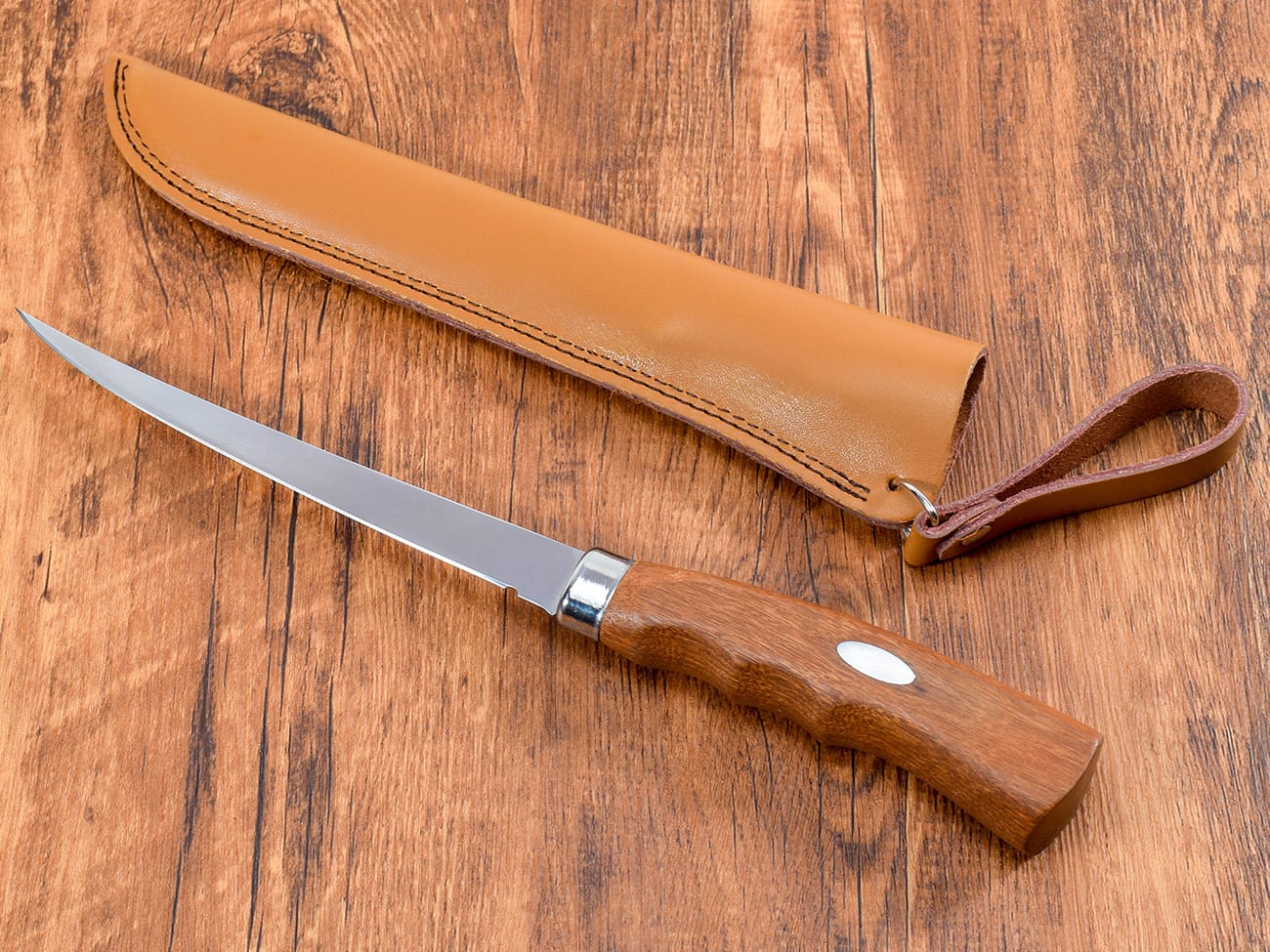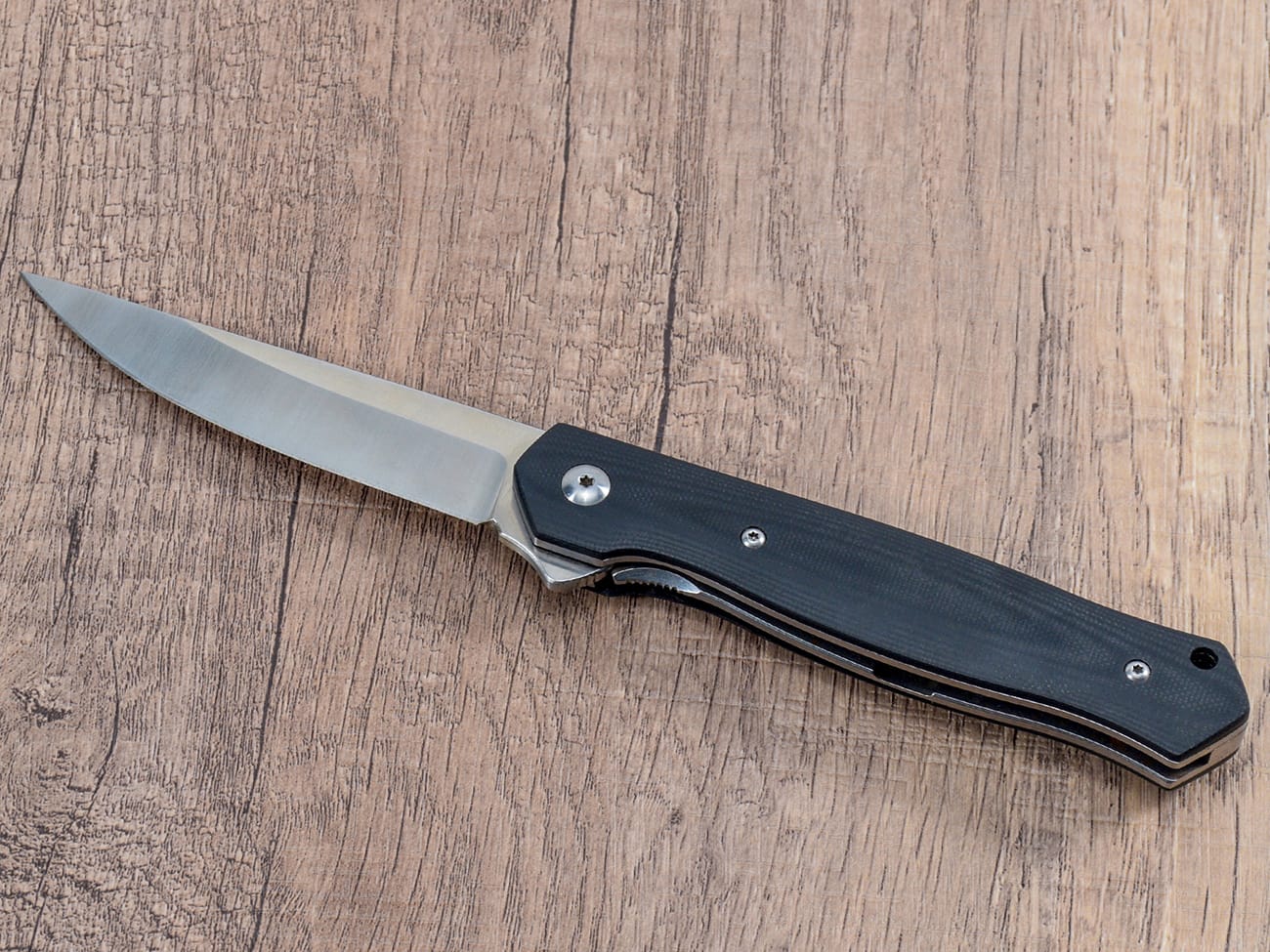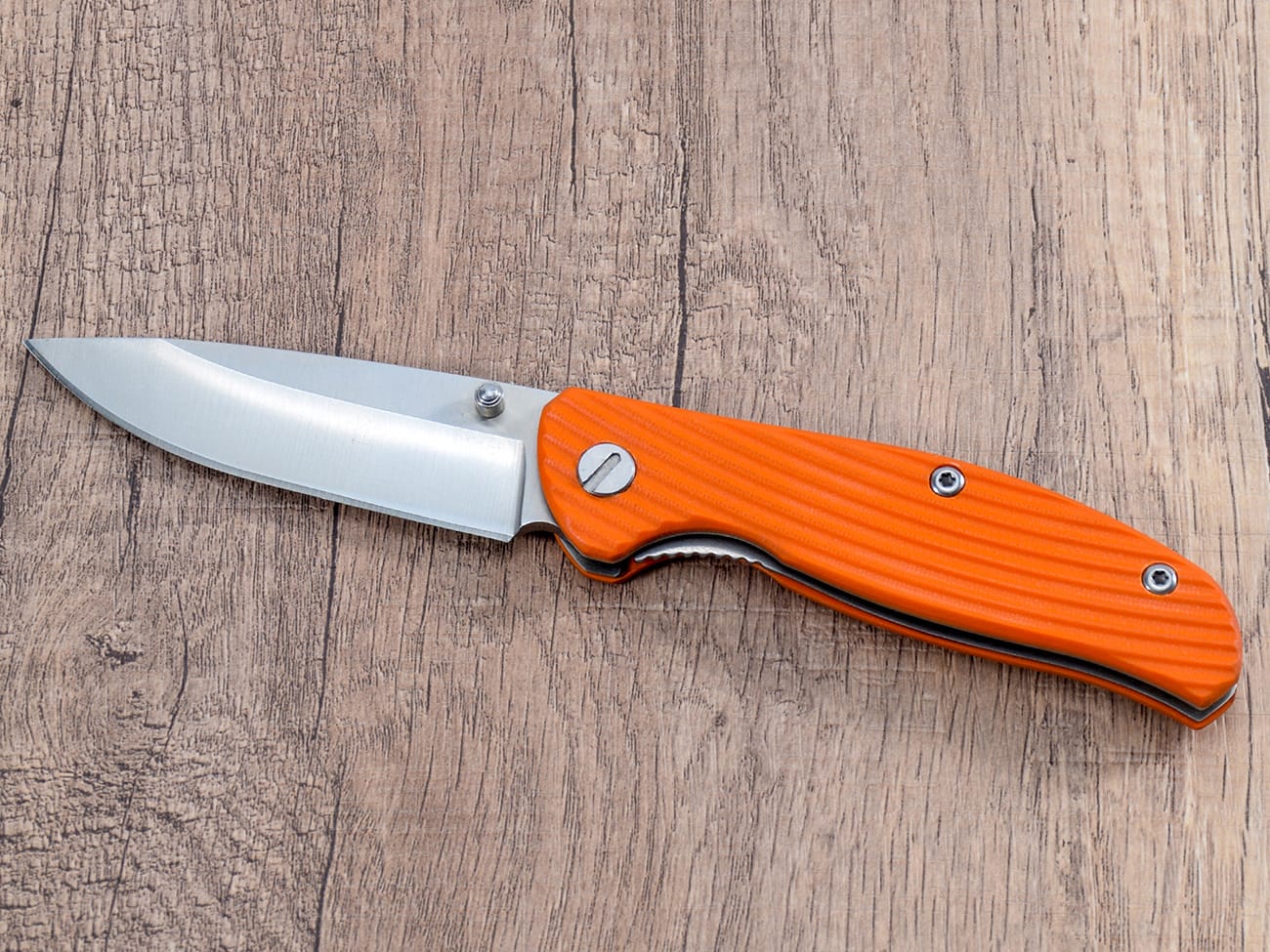Are you wondering about the legality of carrying a fixed blade knife? You’re not alone. Many knife enthusiasts and everyday carriers find themselves confused about the laws surrounding fixed blade knives. This comprehensive guide will help you navigate the complex world of knife laws, focusing on fixed blade knives and their legal status across different states.
Understanding Fixed Blade Knives: What Sets Them Apart?
Before diving into the legal aspects, let’s clarify what a fixed blade knife is and how it differs from other types of knives.A fixed blade knife is a knife with a blade that is permanently fixed to the handle. Unlike folding knives, the blade of a fixed blade knife doesn’t fold into the handle. This design makes fixed blade knives generally stronger and more durable than their folding counterparts.

Are Fixed Blade Knives Legal to Own?
In most states, owning a fixed blade knife is legal. However, the legality of carrying one can be a different story. Let’s explore the factors that influence the legality of carrying a fixed blade knife.
What Factors Affect the Legality of Carrying a Fixed Blade Knife?
Several factors can impact whether it’s legal to carry a fixed blade knife:
- Blade length
- Concealment
- Location
- Intent
- State and local laws
How Does Blade Length Impact Legality?
Many states have restrictions on blade length for knives that can be legally carried. For fixed blade knives, these restrictions are often stricter than for folding knives.
- Some states limit blade length to 2-3 inches for concealed carry
- Others may allow blades up to 4-5 inches for open carry
- A few states have no blade length restrictions
Always check your local laws for specific blade length limits.
Is Open Carry vs. Concealed Carry a Factor?
The distinction between open carry and concealed carry is crucial when it comes to the legality of carrying a fixed blade knife.
- Open carry: Carrying the knife in plain view
- Concealed carry: Hiding the knife from ordinary observation
Many states have different rules for open carry versus concealed carry of fixed blade knives. Generally, open carry is more widely permitted than concealed carry for fixed blade knives.
Where Can You Legally Carry a Fixed Blade Knife?
The location where you intend to carry your fixed blade knife can greatly impact its legality. Some common restrictions include:
- Schools and educational institutions
- Government buildings
- Airports and airplanes
- Courthouses
- Bars and establishments serving alcohol
Always research the specific laws for the locations you plan to visit with your knife.
How Does Intent Factor into Knife Laws?
Your intended use for the knife can play a role in determining its legality. Carrying a fixed blade knife for legitimate purposes such as:
- Hunting
- Fishing
- Camping
- Work-related tasks
is generally viewed more favorably than carrying one for self-defense or as a weapon.
What Are Some State-Specific Laws on Fixed Blade Knives?
Knife laws vary significantly from state to state. Here are a few examples:
- California: Fixed blade knives must be openly carried on the waist. Concealed carry is illegal.
- Texas: No blade length restrictions for open carry. Concealed carry limited to blades under 5.5 inches.
- New York: Fixed blade knives are generally illegal to carry, with exceptions for hunting and fishing.
- Florida: No restrictions on open carry of fixed blade knives. Concealed carry limited to ordinary pocket knives.
Always check the specific laws in your state and any states you plan to visit.
Are There Federal Laws Governing Fixed Blade Knives?
While most knife laws are state-specific, there are some federal regulations to be aware of:
- The Federal Switchblade Act prohibits interstate commerce of automatic knives
- TSA regulations restrict carrying knives on airplanes
- Federal buildings and lands may have their own knife restrictions
How Can You Stay Informed About Changing Knife Laws?
Knife laws can change, so it’s important to stay informed. Here are some ways to keep up-to-date:
- Regularly check your state’s official website for law updates
- Join knife enthusiast forums and groups
- Subscribe to newsletters from knife rights organizations
- Consult with a local attorney specializing in weapon laws
What Should You Do If Stopped by Law Enforcement While Carrying a Fixed Blade Knife?
If you’re stopped by law enforcement while carrying a fixed blade knife:
- Remain calm and polite
- Inform the officer that you’re carrying a knife
- Explain your reason for carrying the knife
- Be aware of your rights, but don’t argue with the officer
- If arrested, exercise your right to remain silent and request an attorney
Can You Travel with a Fixed Blade Knife?
Traveling with a fixed blade knife requires careful planning:
- For road trips, research the laws of each state you’ll be passing through
- For air travel, fixed blade knives must be packed in checked baggage, not carry-on
- When traveling internationally, be aware that knife laws can vary dramatically between countries
What Are Some Alternatives to Fixed Blade Knives?
If you’re concerned about the legality of carrying a fixed blade knife, consider these alternatives:
- Folding knives with blades under 3 inches
- Multi-tools with small blade attachments
- Utility knives designed for specific tasks
Key Takeaways: Staying Legal with Your Fixed Blade Knife
To summarize, here are the most important points to remember about the legality of carrying a fixed blade knife:
- Laws vary significantly by state and locality
- Blade length restrictions are common
- Open carry is generally more permissible than concealed carry
- Your intended use for the knife matters
- Always research laws before traveling with a knife
- When in doubt, consult with a local attorney
By staying informed and following local laws, you can enjoy the benefits of carrying a fixed blade knife while remaining on the right side of the law.




